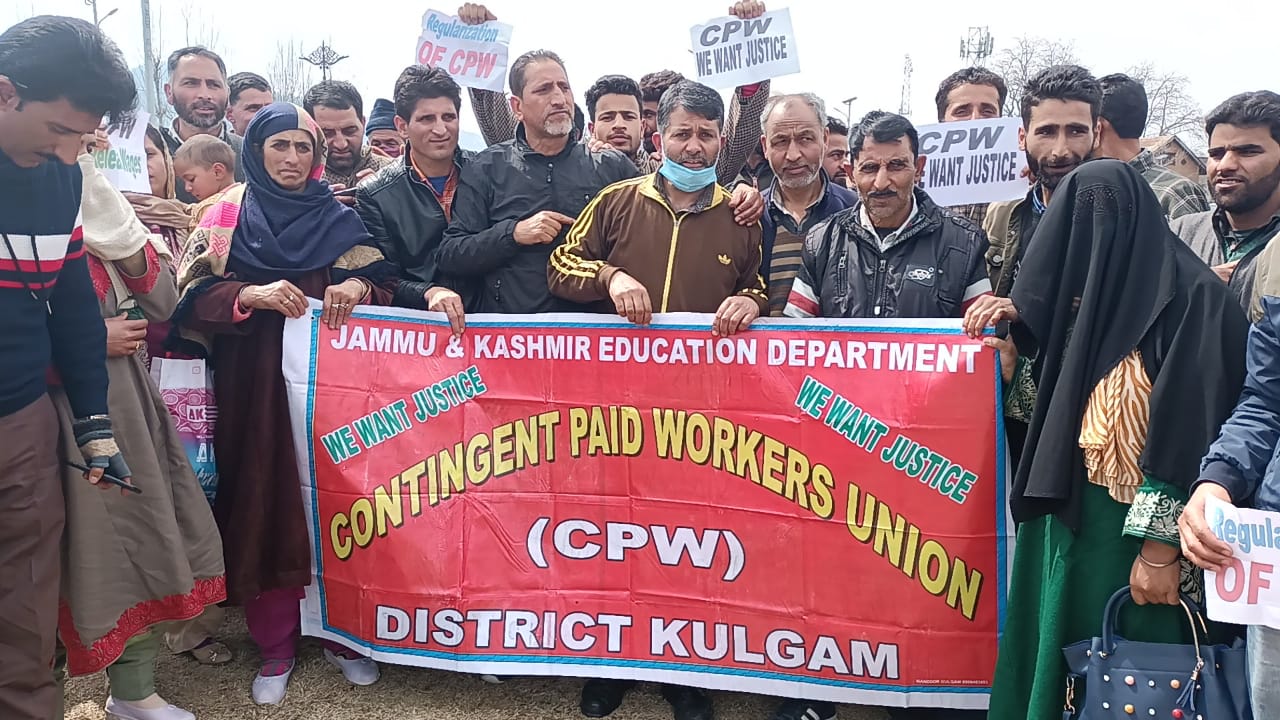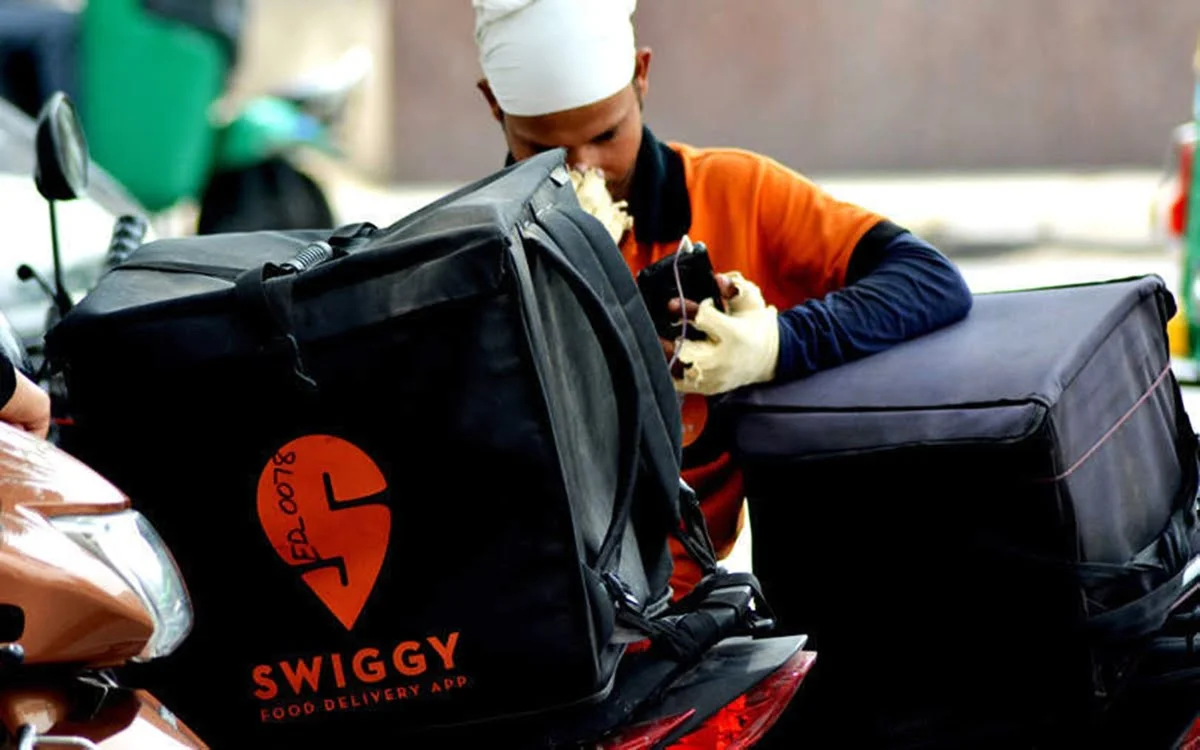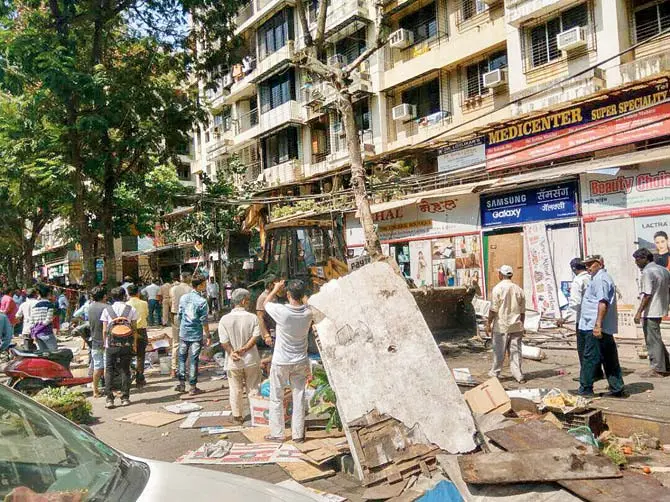Kashmir: Contingent paid workers in Kashmir face dire conditions, earning as low as Rs 25 a day. Despite promises from the higher authorities they remain unregularised, enduring extreme poverty.
Daily struggles of CPWs for survival
The contingent paid workers in Kashmir are being paid as low as Rs 25 a day. These workers function as sweepers in schools, and at times, they even prepare food for students. The challenges faced by these workers are significant, as they do not receive even this meagre compensation.
Saja Begum, a resident of Chewa Tral, Pulwama, has been working as a CPW since 2006. The amount she received at that time was a mere 25 rupees per month, and to this date, she continues to receive only that amount. ‘After the death of my husband in 2005, I became the sole breadwinner in the family. Due to extreme poverty, my only son had to leave his studies midway and is now working as a labourer in a nearby village,’ she said.
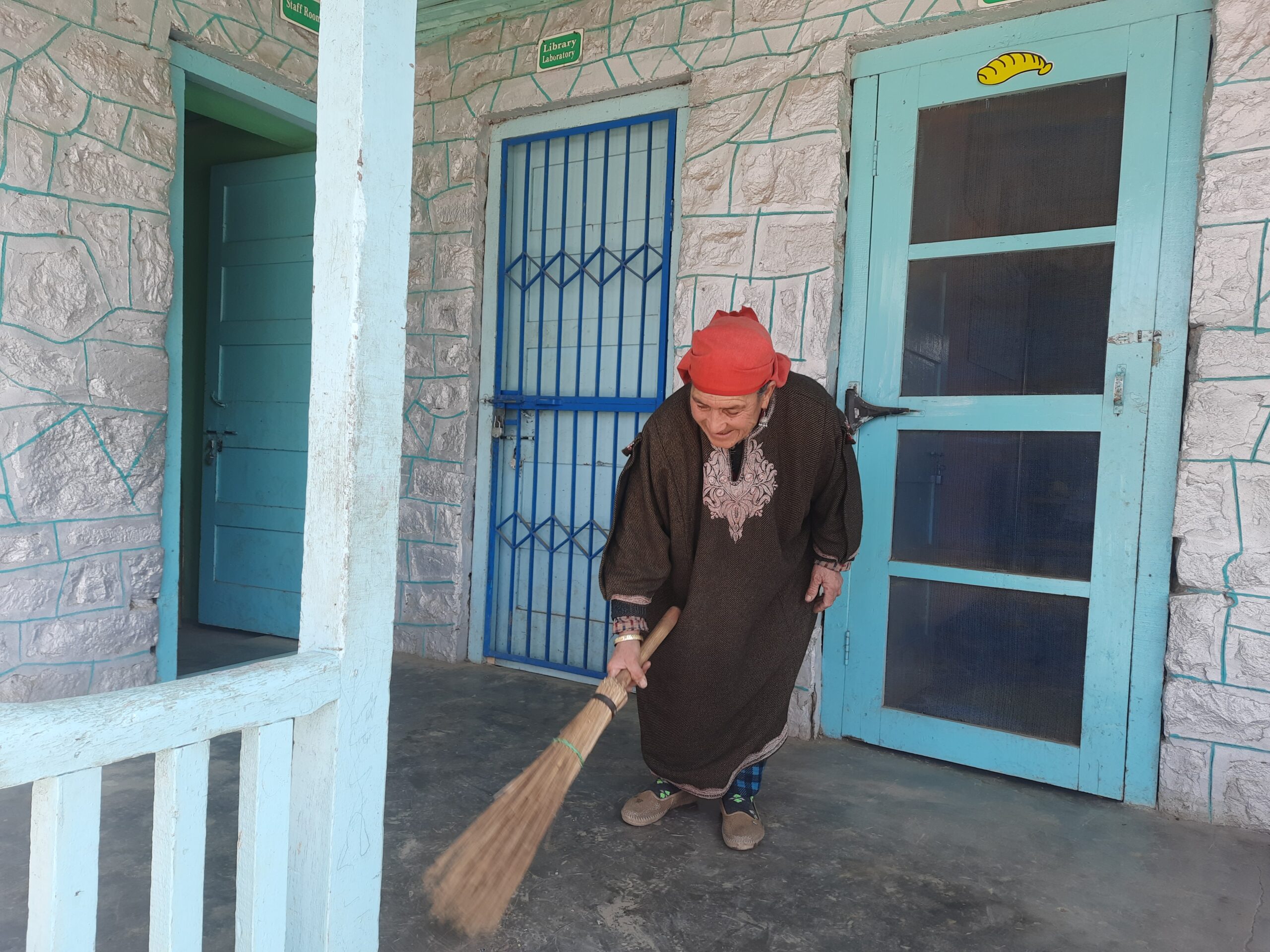
She goes on to say, ‘I have seen a lot of struggles in my life and my health is now deteriorating day by day, my medicines cost almost one thousand to fifteen hundred per month.’
Unfulfilled promises and broken dreams
She also added that the previous governments and officials assured that CPWs would be engaged on a permanent basis, but until now, no such action has been taken, and they continue to suffer.
According to the Minimum Wages Act, 1948, a worker who is working in any institution should be paid the level of income which will ensure a basic standard of living including good health, dignity, comfort, education and provide for any contingency. In J&K minimum wages for unskilled workers should be Rs 311 per day. But in CPW cases they have been to fend for themselves.
Sajad Rasool, a social activist from the valley, suggests that adopting the Minimum Wages Act would be a viable solution to address the current issue. Additionally, he contends that a responsible government should not withhold the salaries or rightful wages of its working class, especially when they are not being compensated adequately. This viewpoint underscores the importance of fair wages and implies that adherence to the Minimum Wages Act is essential for upholding the well-being of the labor force. It also emphasises the role of governments in ensuring economic justice and equitable compensation for workers.
‘It’s not merely a question of more than 7000 protesting individuals; it’s their families who depend, in most cases, on these meagre amounts. It’s crucial for workers like these to be recognised and taken care of, as they are in any other country context,’ said Sajad.
There are almost 7,500 contingent paid workers employed in the education department of Jammu and Kashmir, and they have not been regularised to date. Despite assurances, their situation remains unresolved.
‘Contingent paid workers (CPWs) have to clean the classrooms and washrooms of schools, performing all kinds of miscellaneous tasks. However, the amount we are being paid for this work is not commensurate with the tasks we perform,’ said Saja Begum.
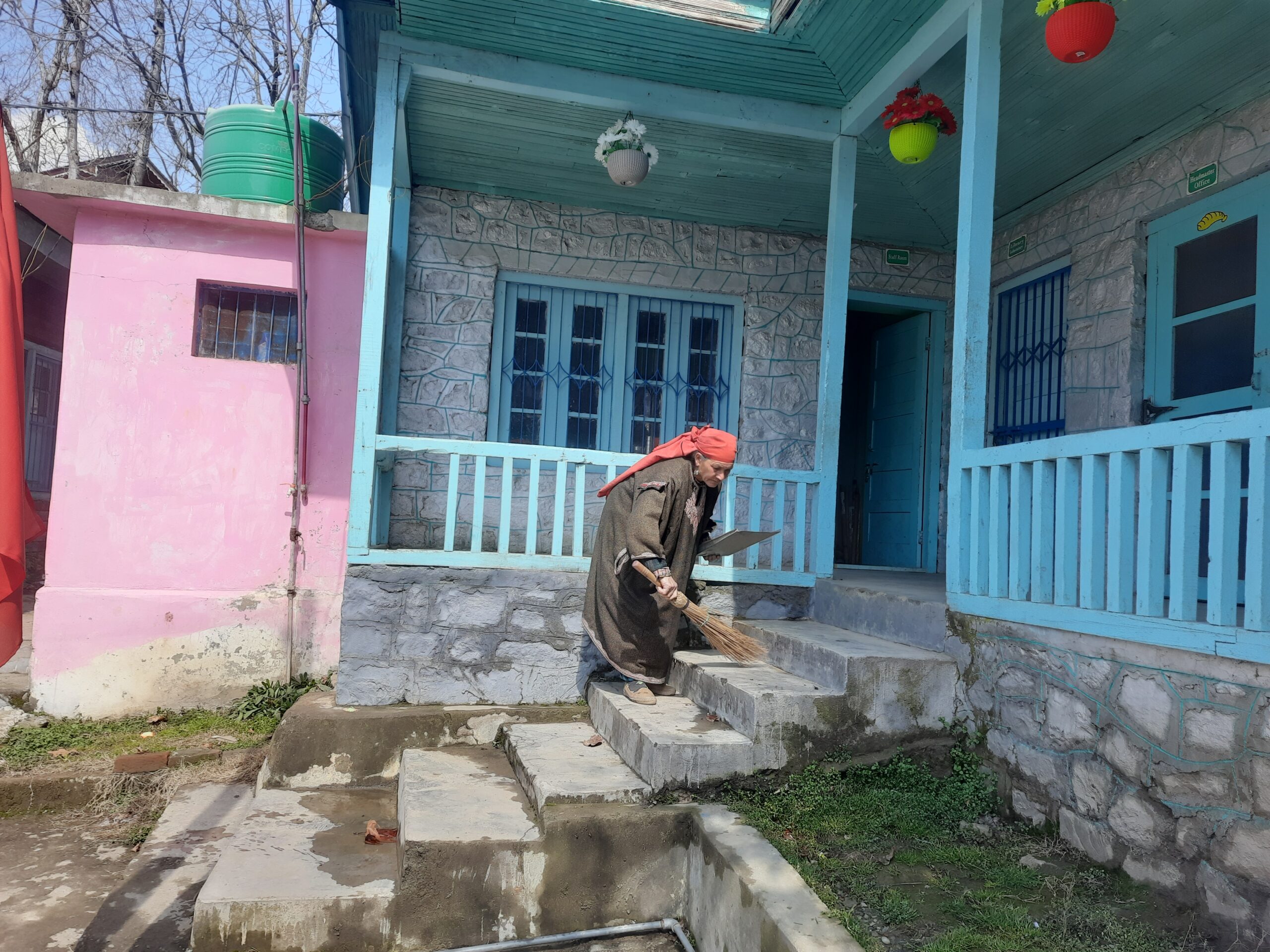
In 2006, Saja Begum assumed the role of a Contingent Paid Worker (CPW) at a Government middle school located on the outskirts of the Tral sub-district. Tearfully recounting her journey, she shared the challenges she encountered while raising her sole son after her husband’s passing.
‘I still have big hopes that one day the government might recognise the work of CPWs, and we may be regularised,’ adds Saja with a sigh.
In the district of Sopore in North Kashmir, there is another Contingent Paid Worker (CPW), Faiza Begum, who is in her 60s. Although she was appointed at the age of 40, she continues to earn the same modest amount.
‘I was 40 years old when I was appointed as a CPW. I was very poor and distraught. I thought the job I was getting into would change my life and improve the financial conditions of me and my family, but nothing has happened as such,’ says Faiza.
She further adds, ‘I am in my late 60s, and I work in three different schools. I handle all the cleaning and other responsibilities alone. In fact, I perform the workload equivalent to three women all by myself. You can even inquire with the staff here, and they will share stories about my dedication and hard work.’
‘I have spent my whole life in these schools working tirelessly but nothing has changed for me since then and no one is paying attention to our miseries. Even a kid spends 50 rupees a day nowadays,’ said Faiza Begum
She did not leave the job, hoping for support in the future during her old age. ‘I could have worked at any private place to earn more than what this school is offering, but this job is more respectful. Moreover, I’m surrounded by kids all the time, which gives me immense happiness. If I had worked in the private school, I could have earned 500 a day, but I choose to remain in this school.’
Upon joining the school, Faiza initially received a salary of 20 rupees, which later increased to 50 rupees. Despite working diligently without any salary increments, she harboured hope that her efforts would be recognised, leading to a potential salary increase by the government. Working tirelessly with the confidence of securing a permanent position, Faiza, however, only received a monthly salary of 100 rupees even today.
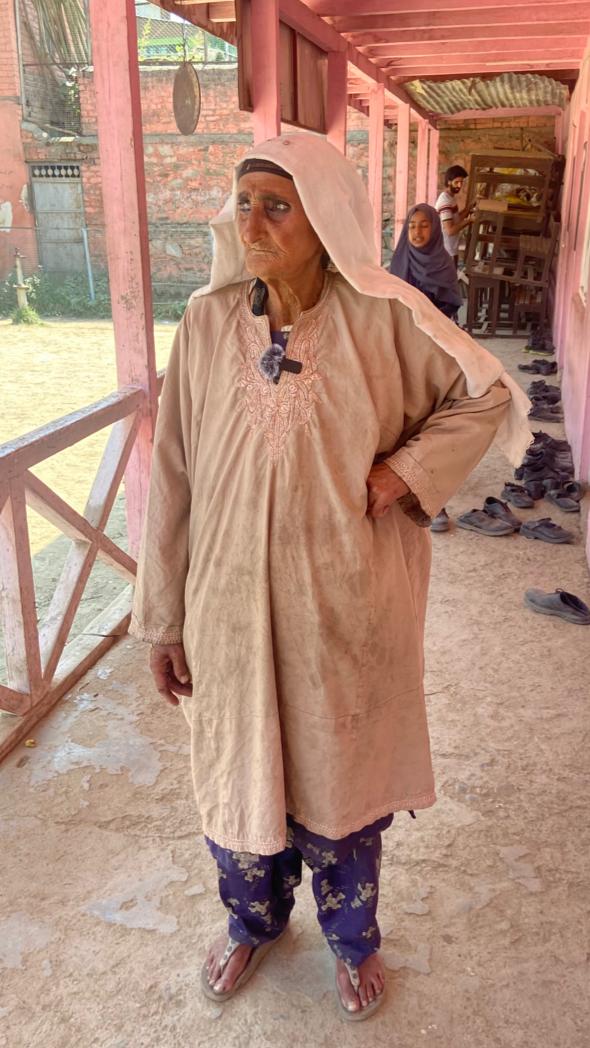
In tears Saja questions, ‘what I could possibly afford with this 100 rupees. Would it cover rice, vegetables, soap, clothes, and shoes? My life is becoming increasingly harsh; isn’t this a tragedy? I lost five children, and my husband, who was quite young, passed away while at the mosque offering Salah, while I was at school fulfilling my responsibilities.’
We tried to reach out to the Chief Education Officer of Pulwama, making multiple calls, but he was unable to provide any comments on the issue. Similarly, the Zonal Education Officer (ZEO) in Tral also refrained from commenting, choosing to remain silent on the matter.
In conclusion, the plight of contingent paid workers (CPWs) in the education system of Jammu and Kashmir paints a grim picture of economic hardship and unfulfilled promises. These workers, often paid as low as Rupees 25 a day, face dire conditions and struggle to make ends meet. Despite assurances from higher authorities, their regularisation remains unresolved, leading to persistent extreme poverty.
Saja Begum and Faiza Begum, representative of this struggling workforce, highlight the challenges they face in providing for their families and sustaining a dignified life. Their stories underscore the need for recognition and fair compensation for the critical role they play in the education system.
Silent officials, unheard voices
The call for the adoption of the Minimum Wages Act by social activist Sajad Rasool emphasises the importance of fair wages and the obligation of responsible governance to ensure the well-being of the working class. The absence of comments from education officials on this issue raises concerns about the responsiveness and accountability of authorities to address the grievances of CPWs.
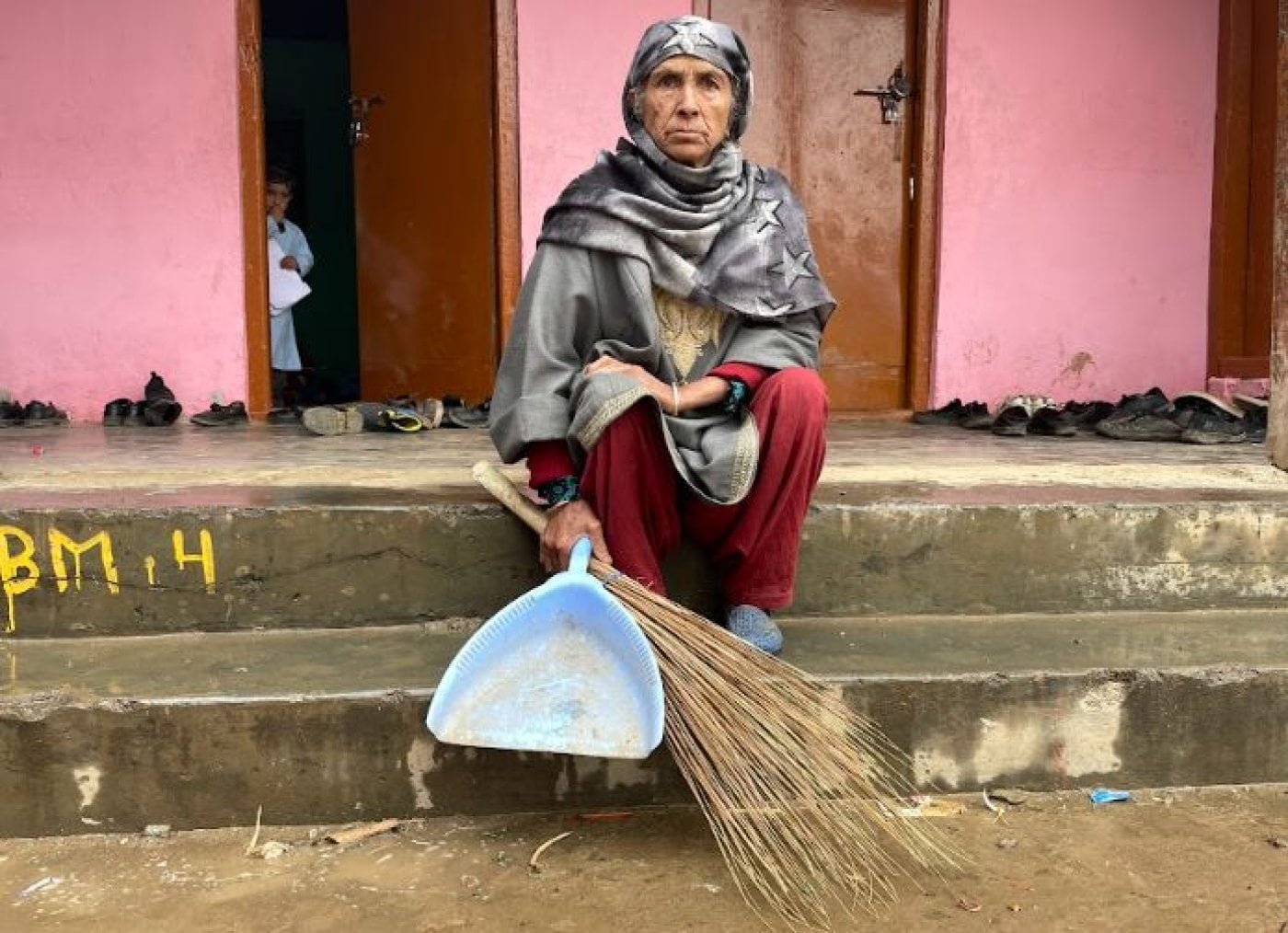
In essence, the narrative sheds light on the urgent need for systemic reforms, fair compensation, and better working conditions for CPWs, who remain the backbone of Jammu and Kashmir’s education system but continue to grapple with poverty and neglect.
